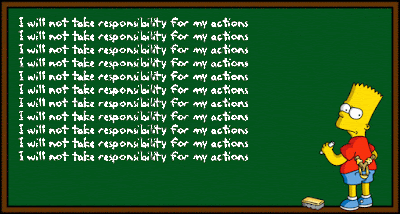MLK and a 19th-century rebbetzin teach us about confidence (Torah portion of Bo)
When I was in rabbinical school, I once attended a leadership training seminar in which all those who attended had to share one of their anxieties about assuming a position of communal leadership. When it was my turn, I mentioned that one of the things about which I was apprehensive was that it seems to me that religious leaders need to cultivate a charismatic speaking style and stage presence, and that was something that I thought did not come naturally to me. Later on, in the presentation, the speaker addressed my concern and told us a story that was very new and surprising to me. He said: Everyone agrees that one of the greatest orators and leaders of the twentieth century was Martin Luther King. But when Martin Luther King was a seminary student, he was preoccupied by what he perceived as a lack of dynamism in his speaking style. He felt that he had a lot of ideas -- and a lot of leadership potential -- but he was unsure whether he would be able to transmit his messag
